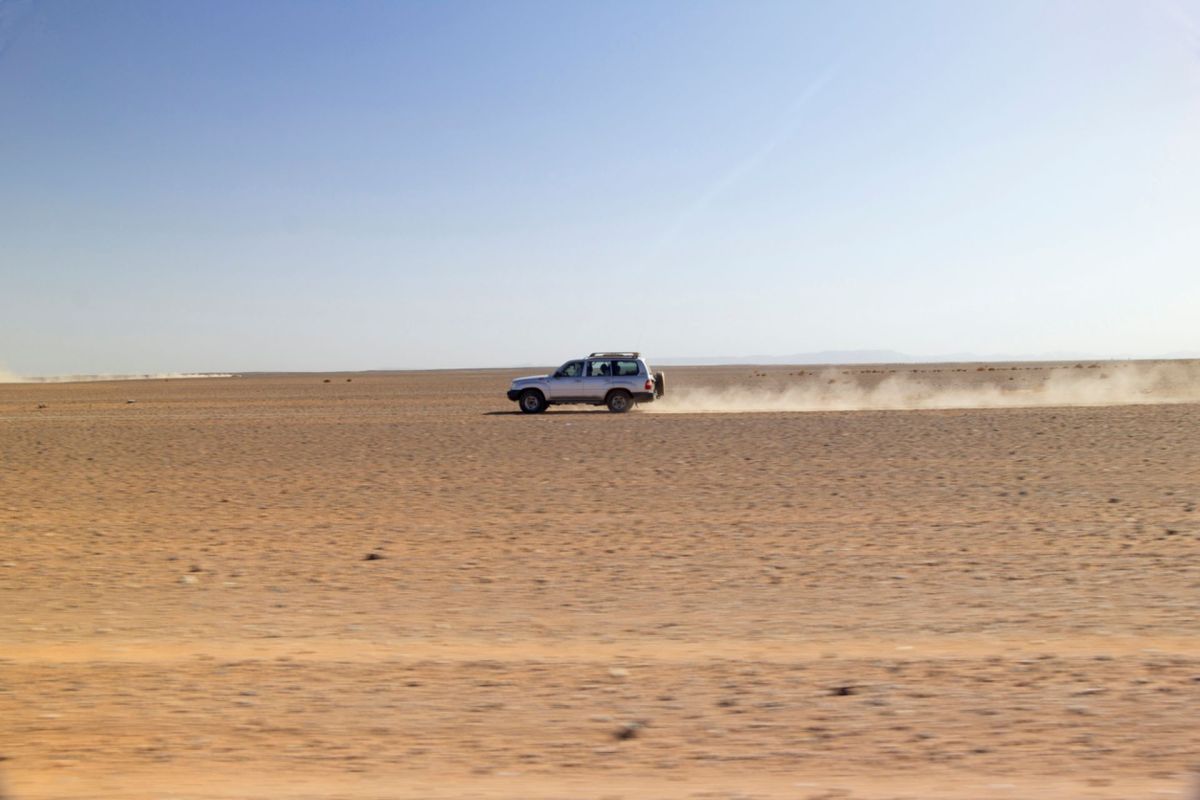A team of Dutch university students has created a fully solar-powered car that just completed its first major test drive in impressive fashion, traveling 620 miles across the Sahara Desert.
The idea of a mass-market solar-powered car — which could, in theory, passively generate all of its energy from a completely renewable resource without even having to be plugged in — is very attractive. But so far, companies have had difficulties delivering a fully solar-powered car to consumers.
So Solar Team Eindhoven, a group of 16 students at the Netherlands' Eindhoven University of Technology, set out to prove that such a car is extremely viable. They called their project Stella Terra and designed it as the first ever solar-powered off-road vehicle.
Based on the results of the test drive, it appears that Stella Terra was a success.
"Stella Terra must withstand the harsh conditions of off-roading while remaining efficient and light enough to be powered by the sun. That is why we had to design almost everything for Stella Terra ourselves, from the suspension to the inverters for the solar panels," Wisse Bos, team manager of Solar Team Eindhoven, said in a press release.

As Stella Terra is powered entirely by solar panels on its roof, it can charge itself and keep going in areas where there are no EV charging stations. The car has a top speed of 90 miles per hour and a range of about 441 miles on regular roads and 342 miles off-road on a sunny day. When it is cloudy, that range understandably shrinks dramatically to around 31 miles or less.
Solar Team Eindhoven is not planning to sell its creation but rather hopes to inspire existing automakers to follow their lead and finally create a mass-market solar car. Not only are these university students great at designing solar cars, but they also really know how to stay on message.
"We hope this can be an inspiration to car manufacturers such as Land Rover and BMW to make it a more sustainable industry. The car was actually very comfortable in the off-road conditions as it is very light and does not get stuck," Bob van Ginkel, the project's technical manager, told the Guardian.
"We aim to also inspire not only everyday people, but also the automotive industry, the Ford and Chryslers of the world, to think again about their designs and to innovate faster than they currently do," Thieme Bosman, the team's event manager, told CNN.
Join our free newsletter for weekly updates on the coolest innovations improving our lives and saving our planet.









